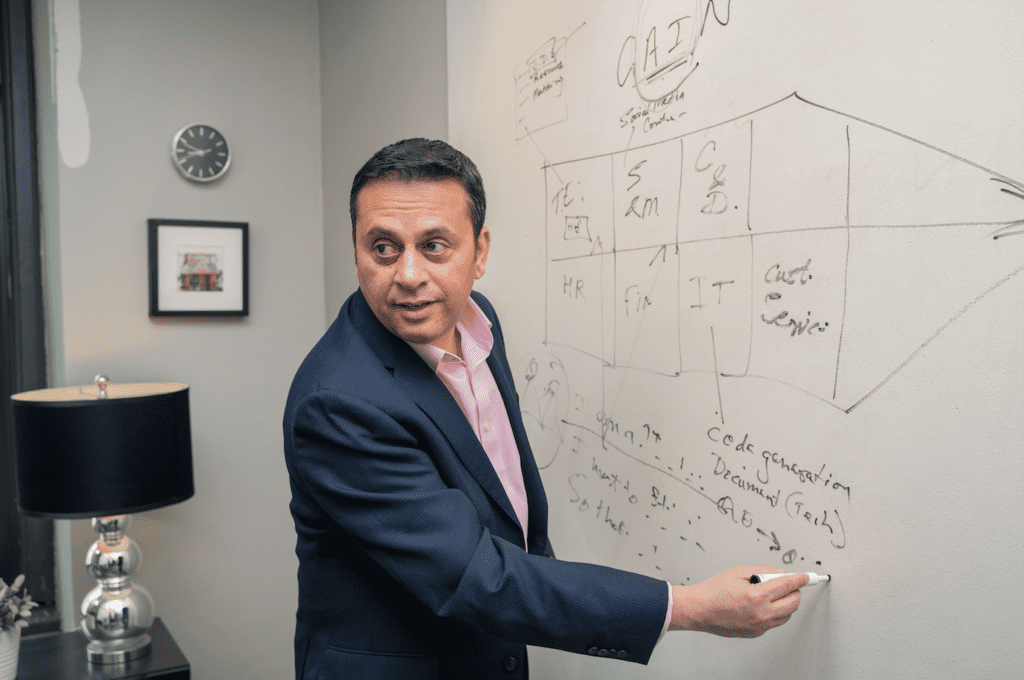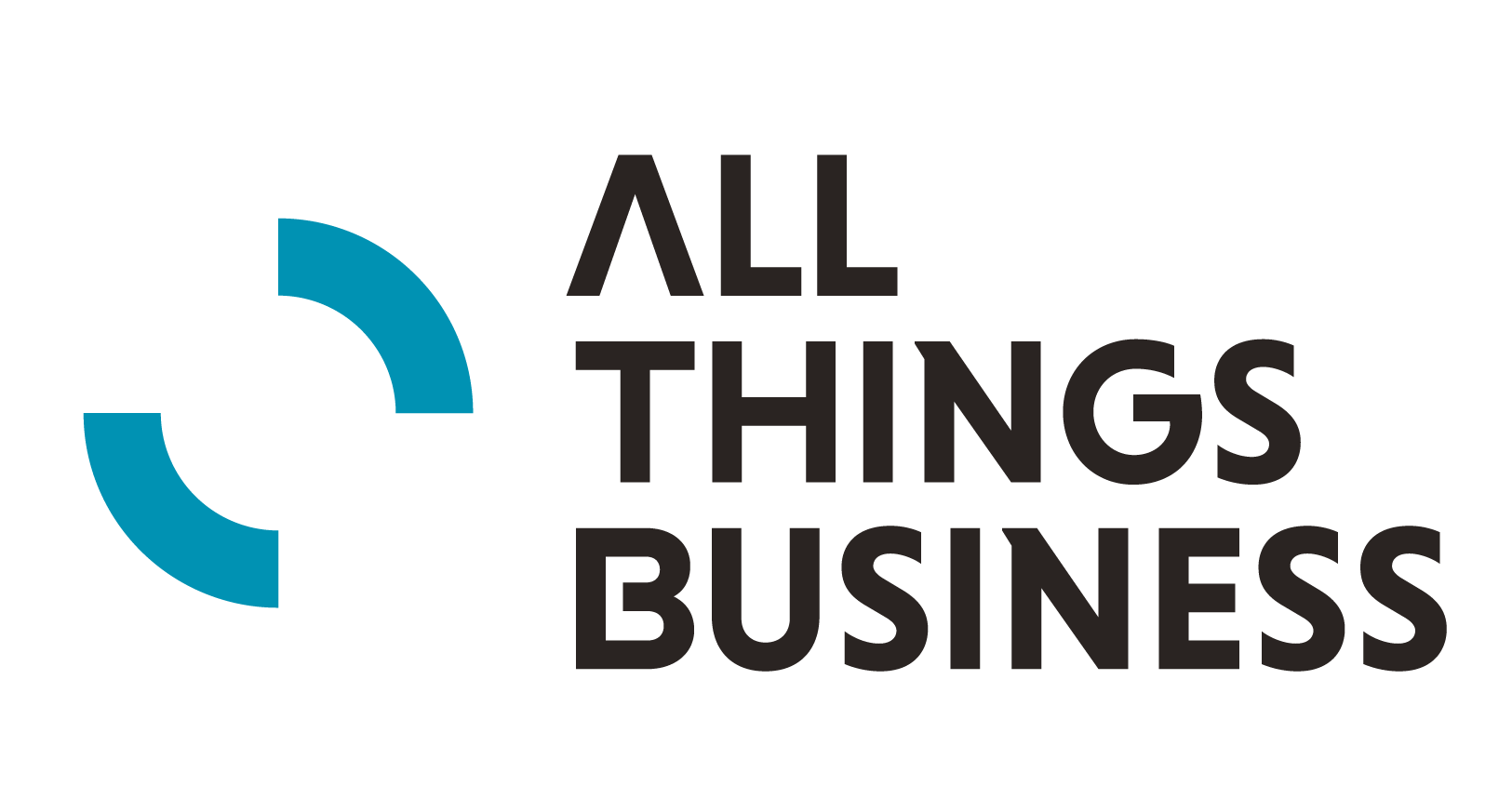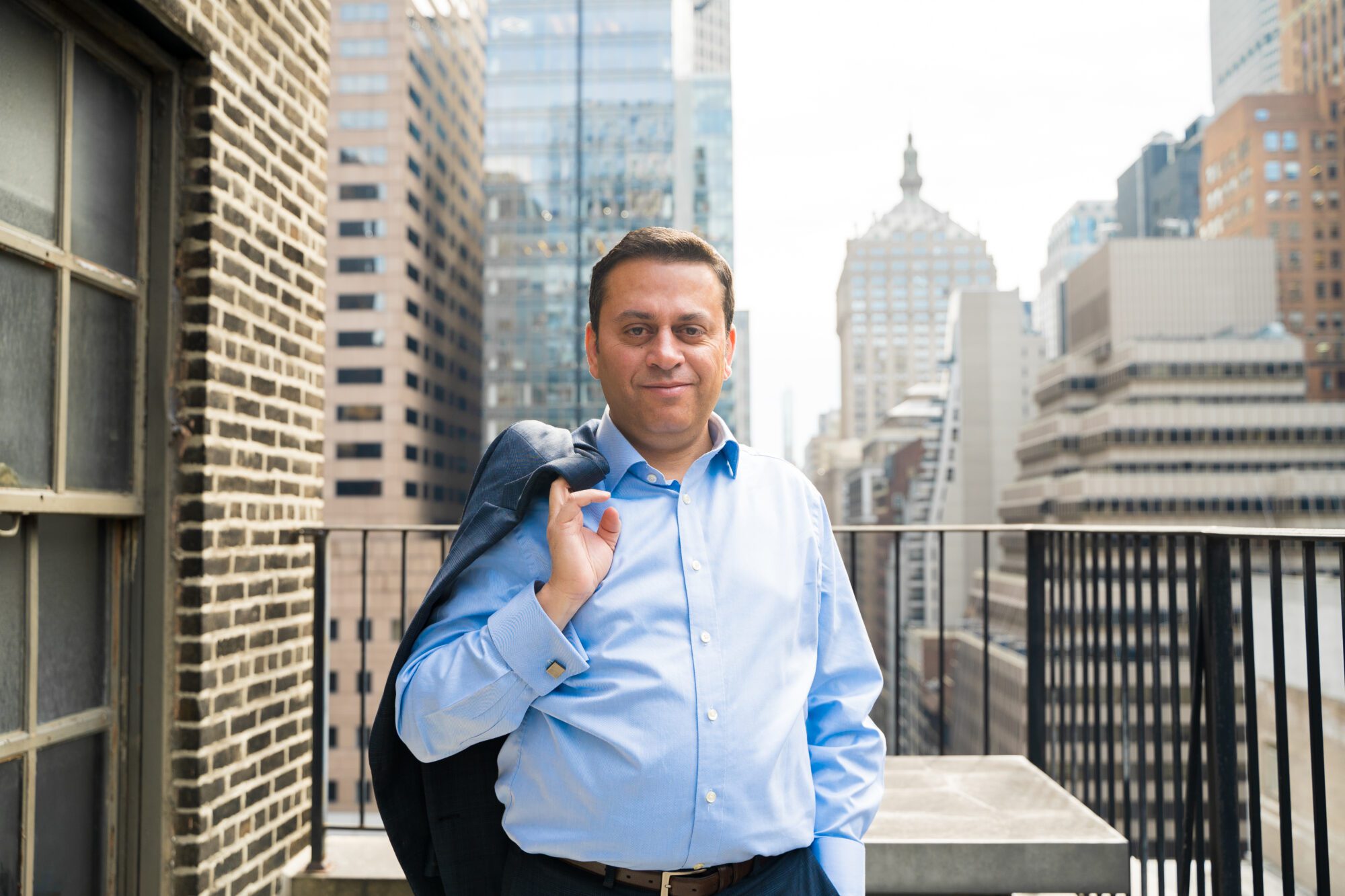Viral Tripathi, Global CIO at Ascendion, a US-based global provider of digital engineering services, is calling on executive leadership teams in all industries to face up to the reality that artificial intelligence is going to have a transformative impact on the workforce and start planning for the disruption immediately.
His intervention comes on the back of a spate of job cuts at high-profile technology firms due to AI. For example, Duolingo has cut 10% of contractor jobs as it uses AI to create more app content; Klarna has frozen hiring and is planning to shrink its workforce, betting that more jobs will be carried out by AI in the future; and SAP has announced a restructuring programme that will impact 8,000 jobs as it focuses on AI.
However, Viral, who studied at Cambridge and worked for the Associated Press in London for seven years including as Deputy Director of Technology, and who is now based in New York, believes the corporate world at large is being too slow to realise the full impact AI will have on the dynamics of the workplace, including the loss, reduction, replacement, enhancement and creation of jobs, and the impact this will have on all business functions.
Crucially, he says this oversight is harming the preparedness of firms for the disruption and is calling on executive leadership teams across all industries to face up to this inevitable and wide-ranging disruption and implement robust AI strategies for workplace transformation. If they don’t, he says, they’ll be at a significant advantage over the coming years.

Viral said:
“The fact that AI is going to be a huge disruptor of the workplace is commonly accepted now. But there’s a huge gap between this acknowledgment and the preparedness of firms for the transformation. Many executives I speak to still talk of AI taking people’s jobs as if it’s a myth, but it’s already happening, and this trend is only going to increase over the next few years.
“Much of the conversation has been wholly focused on the tech sector and on job cuts, and I think this misses the scale and depth of the inevitable disruption by a country mile.
”AI-driven workplace disruption is going to be a pan-sector phenomenon, and it’s going to impact all functions of business – from tech and IT functions right through to management, customer service and admin roles. We also need to break away from this narrative that AI is only here to cut and replace jobs. Yes, some jobs will be replaced by AI, but others will be enhanced, expanded and created.
“Over the next five years, AI will lead to the most transformative disruption of the workplace since the advent of the internet, and companies in all sectors need to be prepared for this. All executive leadership teams need to start implementing robust AI workplace strategies now, or they’ll rapidly fall behind the curve.”
He added that the level and impact of disruption will vary across industries, regions and even company to company, but that the disruption will be felt by all businesses and all functions.
He notes that some roles and functions will be replaced or reduced, such as customer service, data analysts and legal roles, while others will be enhanced or augmented, such as customer success, management and content creator roles. Others will also be created, such as prompt engineers, data annotators and machine managers.
He argues that executives need to understand exactly what jobs and functions will be replaced, augmented or created now – and how and where this will impact the business goals and value chain.

Viral continued:
“Executives can’t deploy a cookie-cutter approach to AI workplace disruption strategies. The impact AI has on a business’s workplace will be unique for every firm. For that reason, every business needs its own strategy for managing this workplace disruption and delivering maximum value from it.
“That’s why executives need to be planning for this now, not tomorrow. They need to understand which jobs and functions are likely to be enhanced or augmented by AI and begin training employees, updating processes and restructuring now. Where jobs are to be created, retraining needs to take place, or businesses need to hire new talent.
“Training is the best approach for minimising disruption and maintaining company culture and knowledge in the face of inevitable AI-driven disruption. But it’s especially complex and expensive. If executives don’t have a robust plan for implementing the necessary training, they’ll be miles behind the curve in just a year or two.”
Viral Tripathi is also calling for greater transparency around AI workplace strategies, on the basis that effective strategies for adapting and evolving to AI-driven disruption can’t take place without buy-in and trust from the workforce.
“Crucially, planning for AI-driven workplace disruption will only be effective if it consults and works closely with all functions of the current business,”
he said.
“This is impossible if executives are avoiding the elephant in the room.
“I firmly believe the leading executive on the technology function – be that a CIO, CTO or otherwise – should be leading the charge on AI strategy for workplace disruption. They are the closest to understanding the impact of AI and should be the best equipped to partner with their peers and the CEO to deliver a smooth transformation of the workforce.”
Find out more about Ascendion at https://ascendion.com

